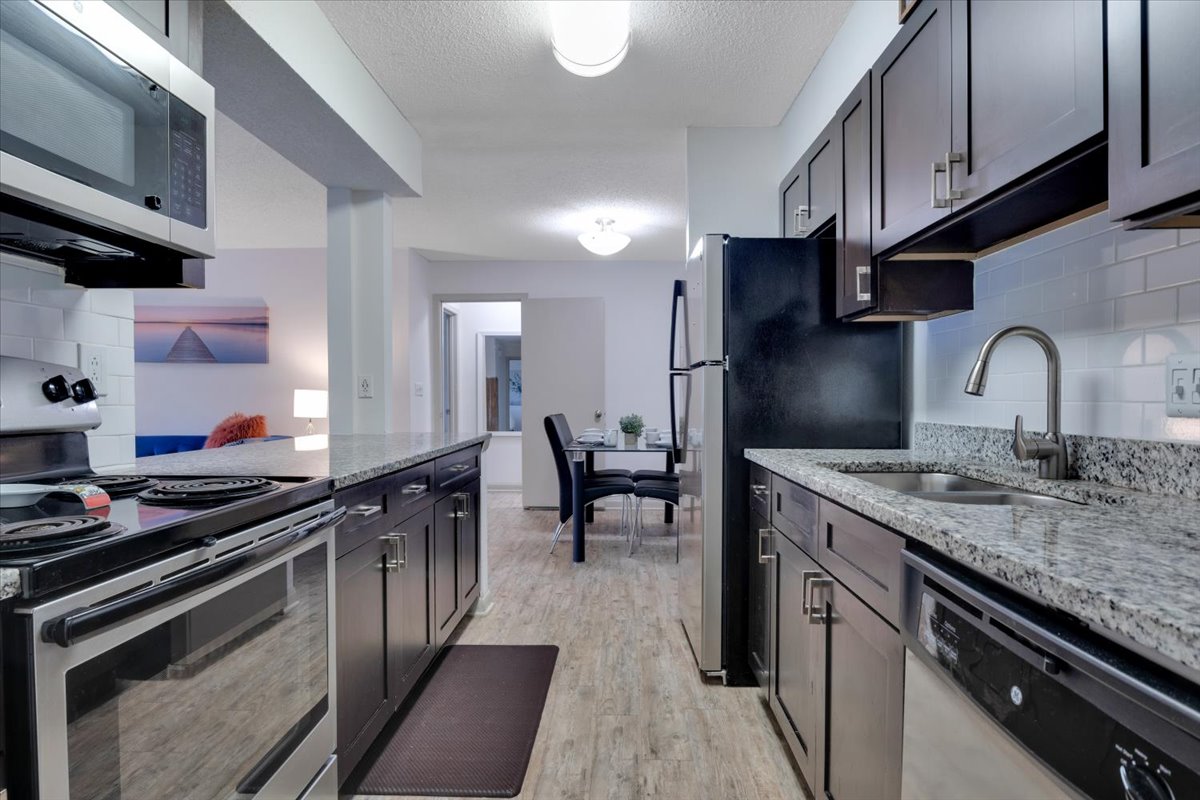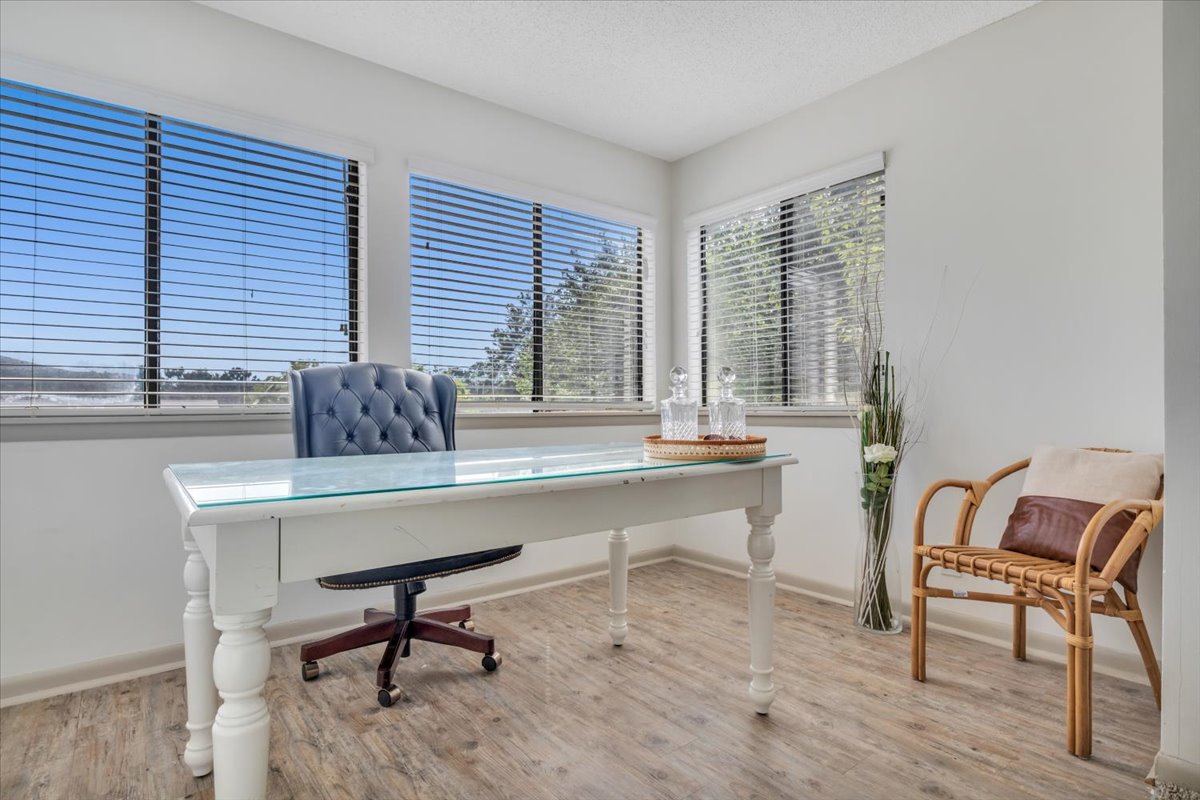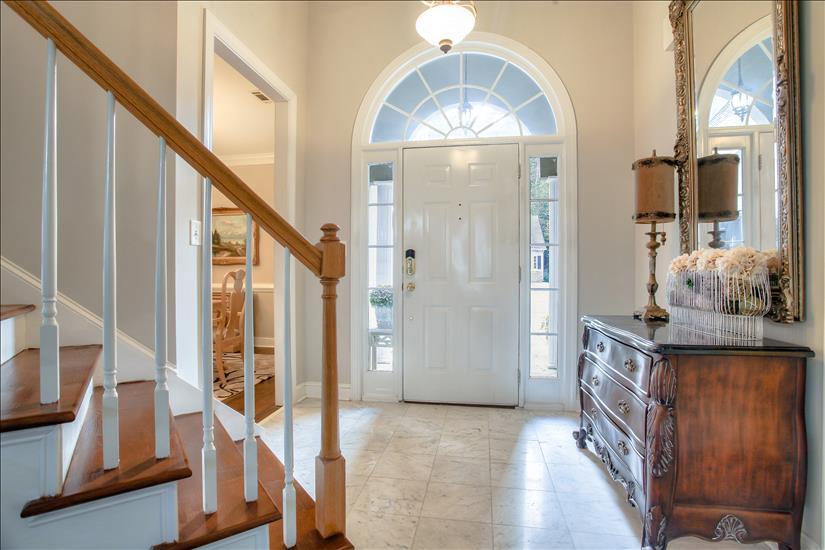How To Start Rental Property Investing

Renting out a vacation property has become one of the most popular real estate ventures to earn an extra flow of income or two. Although, many of the professionals I speak with about getting into the short-term rental business seem to be connected by one common belief: It’s just like any other real estate investment right?
Well… Not exactly.
Setting your heart on an end-state vision is a great place to start, but who is going to run the show? Who will talk to the guests? More importantly, how can you build a personal strategy that fits into your bursting schedule?
Today we’re going to answer all of these questions and show how you can take your investment to the next level as a luxury short term rental.
What is the Difference Between Rental Property Investing and Traditional Real Estate Investing?
In a nutshell, traditional real estate investing is where you buy rental properties, rehab them, and sell them for a profit. For example, let’s say you want to invest in an apartment building. In this situation, you’d take on all kinds of responsibilities that go along with managing tenants and overseeing repairs.
You have to hold onto the property until you can sell it for a profit, which could take months or even years. There are no guaranteed returns in traditional real estate investing unless you sell your property at the right time—and that’s not something anyone can predict.
Rental property investing is another ball game entirely! Rapid expansion in the luxury divisions of vacay-stays has introduced an increased demand for personalized touches. Short term rental professionals like us need to keep our fingers on the pulse if we want to create unique and authentic experiences for our guests. Luckily the industry has seen an insurgence of technology to coordinate schedules, manage communications, and make our lives easier in general.
Choose the Type of Property That You Want to Invest in
Before you learn how to get started investing in rental property, you need to make a choice between different property types:
Single Family Homes
A single family home is a great investment because multiple rooms mean it can be rented out at a higher price point than an apartment or tiny home. Better yet, you can find them anywhere: A secluded spot by a sun-swept beach, tucked away in the mountains, or right in the middle of a bustling city.
Keep in mind that single family homes typically have higher-ticket expenses because you are responsible for all repairs, maintenance, and management of the property. Though comparatively, appreciation and rent generally offer a better return than the alternatives.
Apartments
Buying an apartment in a central hotspot can provide more stability because there’s always going to be demand. While some apartment units don’t hit the same cash flow as a luxury single-family home, it’s much easier to scale the number of apartment units you own within a single complex.
Tiny Homes
Tiny homes make great short term rentals for a ton of reasons. For a start, the idea is built around minimalism, which makes for easy cleaning and guest management. They are economic to run, lowering your long-term operating expenses, and likely your mortgage. Finally, they don’t take up much space so you can put one almost anywhere you like!
Seek Out Properties That Offer Cash Flow.
Cash flow is the amount of money that comes in from an investment property versus how much money goes out for expenses. A positive cash flow indicates that your rental income covers these costs; a negative cash flow means that you’re paying more than what your rental income earns.
If you're just starting out with rental properties, focus on properties with positive cash flow—more than enough to cover all expenses each month so that by the end of the year, there will still be some left over (or "free" money).
How much is “enough” cash flow depends on your end goal, but it's a good idea to aim for at least 20% of your rental income.
If you're in a region that's experiencing high rent increases, then it might be possible to get away with a slightly lower cash flow. If you're in an area where rents are going down or staying flat, however, then 20% is probably not enough.

Cash Flow Analysis for Rental Properties
The goal is to find properties that generate positive monthly cash flow because this means they are making money for you instead of costing you money.
Keep in mind that your projections may not be as straightforward as a long-term one or two-year lease. In order to determine how much money you will make over the course of a year, you need to account for high and low seasons.
If you can find properties that generate positive cash flow, then this will help offset the costs of purchasing and maintaining your investment.
Consider The Expenses In Your Strategy
What are the costs of owning rental property? The most obvious operating expenses are the mortgage payment and property taxes. But these don’t show us the whole picture. Most rental investors can expect expenses like:
- Required Down Payments
- Closing Costs
- Property tax rates
- Property Insurance (homeowners or renters)
- Maintenance costs for things like lawn care and pest control
- Utility bills for gas, electricity, and water (you'll also want a way to pay for trash removal if you don't have tenants doing that themselves)
And finally, there are two fees that can be hard for new investors to predict: maintenance fees and property management fees.

Maintenance Fees
Maintenance fees are ongoing expenses that you pay to groom and upkeep your luxury haven. For example, if you need a new roof, landscaping, or want to undertake renovation projects, those will be maintenance fees.
Management Fees
Hiring a property manager can help you to make hard cash while delegating communications, housekeeping, and other management tasks to the professionals. Management fees will vary from company to company, depending on the types of services you require.
If you're looking for a property manager to manage your rental properties, it's important to find a company you trust, and build a strong relationship with them. You can do this by shopping around and asking for references from other landlords who have worked with them before.
Do Your Research
In order to make the most of your investment, you have to do your homework. For example, look at the property’s location. Is there a steady flow of vacationers in the region each year to justify the investment?
You should also make sure that the property itself is safe and well-maintained by conducting a thorough inspection before you decide to buy - after all, nobody wants to purchase somebody else’s problem.
The neighborhood and surrounding areas can make or break guests’ stays. By researching the neighborhood, local amenities, and nearby attractions, you can be sure you’re offering a tranquil, luxurious, and vibrant experience to everyone.

Start With as Many Properties as You Can Quickly Own.
Go hard or go home! As rental property investors, we want to accumulate as many properties as we can reasonably manage. The more properties you own, the bigger your earning potential becomes.
You can strategically leverage the equity you own in your first property to purchase more and have them pay off your mortgage faster than if you only owned one or two. The idea is to think in big-picture terms - even when you’re starting from humble beginnings.
Select The Right Mortgage Plan to Invest in a Rental Property
Before you purchase or rent a home, it is important to understand the types of mortgages available and their associated costs. Mortgages are broken down into several different categories: fixed rate mortgages, adjustable rate mortgages (ARM), hybrid ARMs, and balloon ARMs (balloon mortgage).
The type of mortgage that's right for one investor may not be right for another. If you’re looking for a customizable strategy to pay off your rental as soon as possible and start earning big money, I have a range of signature courses designed to help you do exactly that! Get in touch to see how we can scale your rental business from A to Z together.

What to Have in Mind When You Buy a Rental Property
Buying a luxury rental property is an excellent investment when you play your cards right. So what cards are we talking about, exactly?
Location.
You'll want to invest in a good neighborhood that's close to amenities, activities, and transportation. You also want it to be safe, so you should check out crime stats before buying real estate there.
Having a Good Credit Score/History/Income/Employment History
This will also help you in your search for a good rental property. You need to show that you are financially stable enough to buy real estate and pay the monthly mortgage, so make sure these things are in order before starting your search.
Once you’ve found a suitable property and decided to buy it, make sure you can afford the monthly mortgage payments. You don’t want to end up in debt!
The Importance of Property Scrutinizing for a Profitable Investment
When you are looking for a good rental property investment, there are many factors to consider. While these may vary from one person to another, there are some common characteristics that should be present in every property you invest in.
One of the most important factors is the condition of the property. You want your rental property investment to be in good condition so that tenants can easily live there and keep it clean throughout their stay. Gorgeous furniture, plenty of natural light, and ensuring the hot water, electricity, and wifi are running seamlessly will get you big ups on your reviews.
If you're renting out multiple rooms within a single home (ie: Airbnb), then having all rooms clean and ready for guests will make things much easier on both sides—you'll have less work maintaining such spaces while also getting more bookings!
This concept also goes hand-in-hand with considering location; try to pick an area that reflects the care and love you put into your space to offer a more quality experience for your clients.

Determining the Price of Your Rental Home
There are many ways you can determine a reasonable financial plan to step forward into the rental investment of your dreams! Here are three:
Hire a Coach
Hiring a real estate coach can help allay any concerns about overpaying for your rental property, and give you the expertise you need to start your rental business with a BANG!
Regardless of whether you have a stack or experience in real estate, or you’re dipping your toes for the first time, a coach can give you the guidance and support you need to be a huge success. Starting from humble beginnings, I’ve scaled a lucrative short-term rental business in my free time, and I can help you to do the same. Reach out to see what we can achieve together!
Use a Calculator
The first thing you want to do is run some numbers on the house so that you can come up with a realistic estimate of what it will cost and how much money you'll be making. There are plenty of online calculators that can help with this.
Check Prices Online
You can do this yourself by searching classified listings across multiple listing sites like Zillow and Redfin which have tools built specifically for finding houses based on location and features such as basements/attics (which could mean higher taxes). These can be great to understand the market where you’re buying.
Rental Property Investments Can Lead You to Financial Freedom if You Get Started Right.
Rental property investment can be a great way to build wealth. By investing in rental properties, you can achieve financial independence and enjoy the lifestyle freedom you’ve always craved.
It also offers portfolio benefits, because it's an alternative asset class that offers a low correlation with other investments, such as stocks and bonds. You’ll get some alluring tax benefits because you'll receive depreciation deductions on your expenses (such as maintenance and repair expenses).
Furthermore, unlike other types of investments like stocks or bonds that are subject to high volatility over time (due to real estate market fluctuations), real estate has historically been more stable—and less risky—than other asset classes.

Key Takeaways
I know it can be difficult to make that leap to start a luxury vacation rental business, but don't worry too much about it. Remember: you don't have to know everything right away! I began in the same shoes as you, and the most valuable thing I’ve learned is that with time and persistence, anything is possible!
As you move forward, remember:
- Good planning and thorough research will lead you to a bullet-proof strategy
- Get advice from people who have been there before.
- Get support from a real estate coach who specializes in vacation rentals to help you with the process of buying and managing rental property.
- Consider a professional property manager who can manage your investment property for you, freeing up time for more important things in life!
If you want to learn how to build a strong short-term rental business from scratch, book a call with a Short Term Gems team member today. Let’s work together to achieve your dreams!
Are You Ready To Dive In?
Dare to discover the life that awaits beyond the Luxury Short Term Rental Academy doors.
Let's Get Started